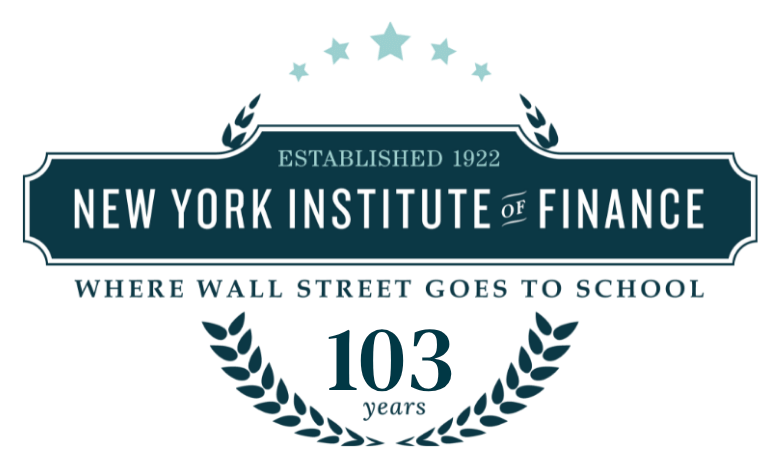Money and Banking
Designed for commercial bankers, financial analysts and others who wish to have a basic understanding of money and banking. This curriculum provides an overview of the fundamental principles that form the foundation of the money and banking systems around the world. The course covers monetary bases, the main instruments of monetary policy and theory, and concludes with a discussion of the theory and implementation of monetary policies.
This curriculum is made up of the following modules:
- The Nature of Money
- Measuring Money
- Creating Money
- Creating the Federal Reserve System
- Theory of Monetary Policy
- Implementing Monetary Policy
- International Banking
- Central Bank Structure
- Central Banks Around the World
| Program Level | Basic |
| Prerequisites | This course has no prerequisites. |
| Advance Preparation | No advance preparation required. |
| Recent Revision Date | April 20, 2015 |
| Instructional Delivery Method | QAS Self Study |
| Field of Study | Management Advisory Services |
Duration : 1 hour
- Functions of money
- Properties of money
- Monetary vs. non-monetary economies
- The gold standard
Duration : 1 hour
- How to define money
- US Federal Reserve definitions
- Calculating aggregates
Duration : 1 hour
- Deposits and lending
- Multi-bank transactions
- Federal Reserve transactions
- Creation of money by the banking system
Duration : 1 hour
- History of the Federal Reserve
- Current structure of the Federal Reserve
- Roles of the Federal Reserve
Duration : 1 hour
- The classical approach
- The Keynesian approach
- The monetarist approach
- The new classical theory
- The new-economy argument
- European Union
Duration : 1 hour
- Objectives of monetary policy
- Open market operations
- The discount window
- Reserve requirements
- Transmission mechanisms
Duration : 1 hour
- Definition of international banking
- History of international banking
- The development of the Eurodollar market
- The oil shock
- International banking based in London
- The Interbank market
- Further innovation
- Explanation of the money creation process from an international perspective
Duration : 1 hour
- The significance of central banks
- The evolution of central bank policy
- Economic turbulence of the 1970s
- Rectifying global economic policy: monetary targeting
- Central bank independence
- The three-part structure of central bank policy making
Duration : 1 hour
- The Bank of England
- The European Central Bank
- Bank of Japan
- Approaches to central banking used in developing economies
